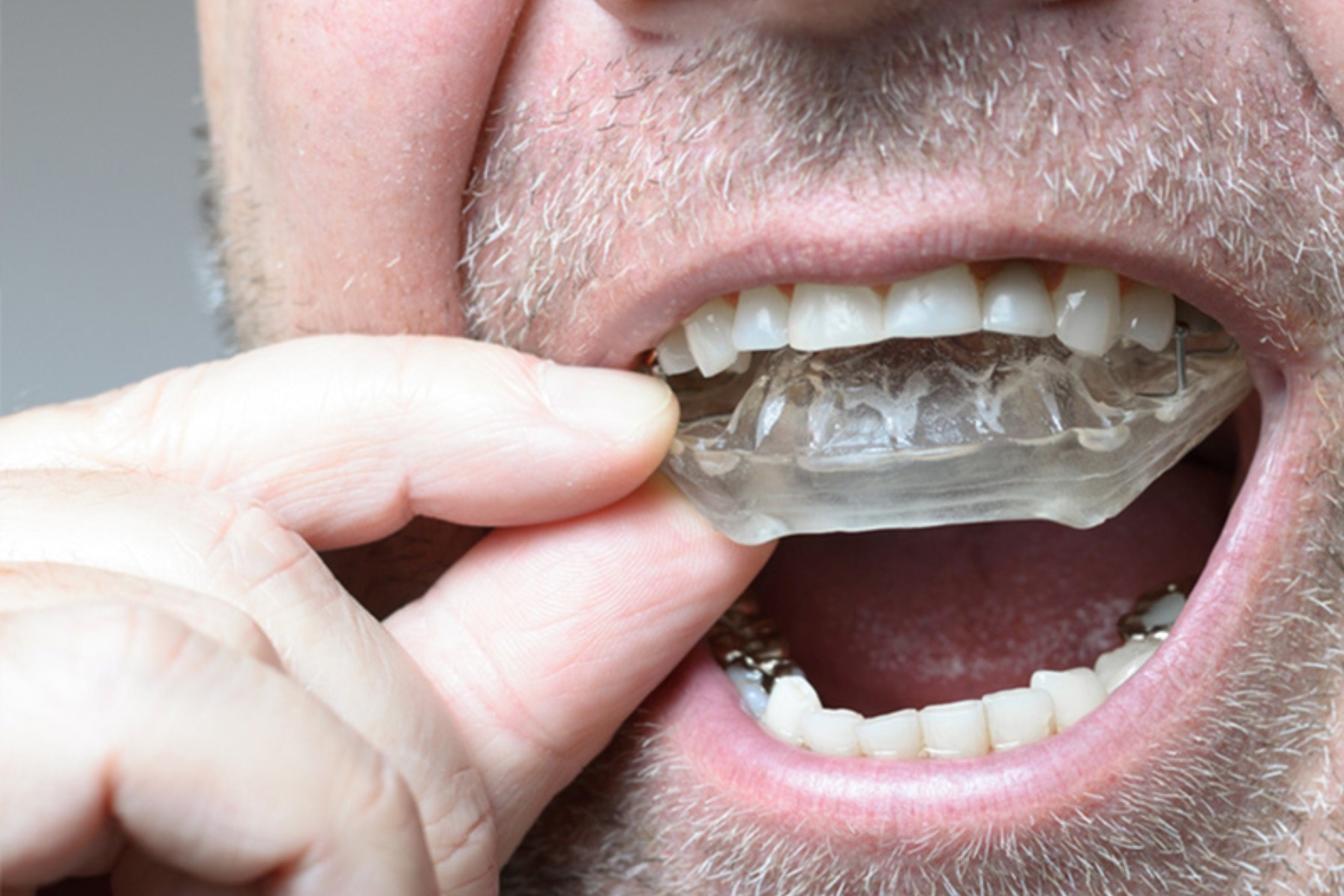Untreated teeth grinding, also known as bruxism, can lead to major dental problems and discomfort. Dentists in Calgary often recommend night guards to protect teeth from grinding while sleeping. One commonly asked question is how often these night guards should be replaced. Being aware of the factors that affect the lifespan of a night guard and when you should replace yours will help ensure your smile stays preserved.
What are Night Guards?
Night guards, also known as dental night guards or occlusal splints, are dental devices meant to protect your teeth and jaws from the destructive effects of bruxism, a condition that causes teeth grinding and clenching. Usually, these protectors are worn when sleeping, when most people are unaware of their grinding tendencies. Night guards are made of long-lasting materials such as dental acrylic and can be custom-fitted to your teeth by a dentist near you or purchased over-the-counter (OTC) at drugstores.
Several things influence the lifespan of a night guard for teeth grinding, including the type of night guard, extent of bruxism, your commitment to care for and maintain them, and many other factors.
Here is a closer look at these factors that might indicate your nightguards need replacement:
-
Wear and Tear
Wear and tear is one of the main reasons to replace your night guard. The constant grinding and clenching can cause your night guard to weaken over time. The material can wear down, become rough, or develop pores and splits. This may damage its ability to safeguard your teeth. If you see any noticeable signs of wear and tear, it is time to consider replacing it.
-
Change in Fit
A night guard that does not fit properly will not protect your teeth. It is time for a replacement if you have noticed that your night guard is no longer fitting as snugly as it once did. Fit changes can occur as a result of changes in your dental structure or if the night guard has twisted over time. An incorrect fit can result in less effective protection and even pain while sleeping.
-
Hygiene Concerns
Adequate dental hygiene is necessary to keep teeth and gums in good condition. Maintaining the hygiene of your night guard is essential. Regular cleaning is necessary to prevent bacterial growth and ensure the effectiveness of the protection. Despite thorough cleaning, wear and tear might gradually reduce its effectiveness in protecting your teeth. As a result, if you’ve been using your night guard for a prolonged period of time, it’s time to replace it, especially for hygiene concerns.
-
Lifestyle Changes
The frequency with which you should replace your night guard depends on your lifestyle. If you’ve unexpectedly altered your teeth-grinding habits or begun grinding your teeth more frequently, your night guard may wear out faster. Furthermore, if you’ve gained or lost weight, or if you’ve had dental treatments that affect your bite, these changes can impair the wear and fit of your night guard, necessitating a replacement.
-
Professional Recommendations
Regular dental check-ups are essential for monitoring the condition of your teeth and your night guard. Your dentist can offer insight into the wear and tear on your night guard and, if necessary, recommend a replacement. If your teeth grinding has changed significantly, they can make adjustments to your night guard or recommend alternate treatments.
Factors Influencing Night Guard Lifespan
- Material Quality: The quality of the materials used is important. High-quality night guards are more durable and have a longer lifespan.
- Bruxism Severity: Individuals with severe bruxism may face increased wear and tear on their nightguards due to the intensity of their grinding.
- Maintenance: Proper cleaning and maintenance will help your night guard last longer. Cleaning on a regular basis prevents bacterial growth and keeps the guard functional.
- Fit: A well-fitted night guard is less likely to be damaged than an ill-fitting one, which may shift during sleep and become damaged.
- Usage Frequency: Night guards that are worn every night may wear out faster than those that are only worn occasionally.
How Often Should You Replace Your Night Guard?
There is no predetermined time frame for replacing night guards in Calgary because it is determined by the factors listed above. However, a basic rule is to replace it every 6 months to 2 years. Regular dental check-ups can assist your dentist in examining the health of your night guard and, if necessary, suggesting a replacement.
Preserve Your Teeth with Quality Dental Guards!
Inglewood Family Dental is a trustworthy partner in the care of your precious smile. Our exceptional night guards offer enhanced protection against teeth grinding and help to maintain your oral health. If you have any questions about acquiring customized night guards near you, please contact us – we’re here to help you safeguard your beautiful smile.


